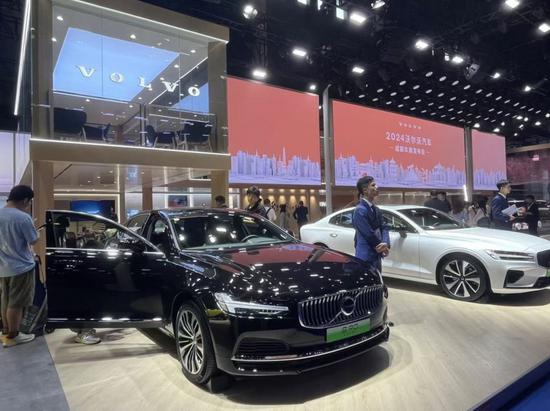
Volvo showcases two of its sedans at the 2024 Chengdu International Motor Show in August.(CAO YINGYING/CHINA DAILY)
Customer satisfaction of China's fuel vehicles hit a record high in 2024, according to a survey released by the China Association for Quality on Wednesday.
It is assessed using the China Automobile Customer Satisfaction Index, which attained a score of 81 out of 100 this year. The CAQ has launched the evaluation in China for 23 consecutive years.
This year, the association evaluated 160 popular internal combustion models from 36 manufacturers and 44 brands. The survey collected 27,891 valid samples from May 14 to Aug 30, with evaluation criteria based on the five aspects of satisfaction, quality reliability, performance design, after-sales and sales services.
The CAQ said that customers perceiving quality beyond expectation and an increase in perceived value were key factors raising the fuel vehicle industry to new heights in satisfaction.
Customer perceived quality scored 80.7 points in 2024, up 0.2 of a point from 2023, the third consecutive year it was up and surpassing user expectations for the first time. Perceived value scored 79.5 points, up 1.9 points compared to 2023, reaching its highest in a decade.
Satisfaction with domestic brands matched joint venture brands for the first time this year, driven by the perceived value. Domestic brand satisfaction was at 80 points, up one point from 2023.
Perceived value for domestic brands was 79.8, leading joint ventures by 0.3 of a point. Loyalty for domestic brands was 77, one point below joint ventures, but the complaint rate was 11 percent, one point higher than joint ventures.
German brands demonstrate a clear advantage in satisfaction and loyalty, scoring 81 for satisfaction and 80 in loyalty.
Also, the survey finds that first-time buyers favor domestic brands by 36 percent, leading German brands by 9 percentage points. Upgrade and trade-in customers prefer German brands, with Japanese and American buyers also leaning toward them.
Service quality improvement was the primary driver of enhanced user perceived quality, the CAQ said.
The survey shows after-sales service satisfaction stood at 81 points, a three point increase from 2023. Sales service satisfaction was at 81 points, up by two points from 2023, marking a continuous increase for two years.
Regarding vehicle brands, Volvo and Audi topped customer satisfaction in after-sales and sales service respectively among the luxury vehicle brands in the fuel car market, both scoring 83 points.
Meanwhile, quality reliability satisfaction was at 78.5 points, a 0.5 point decrease compared to 2023, mainly attributed to the decreased satisfaction in areas of transmission, air conditioning and seating.
According to the survey, the number of faults per 100 new cars in the Chinese auto industry was 188 in 2024, an increase of 45 compared to 2023. The three systems with the most faults are the intelligent cockpit, intelligent driving assistance and engine systems, accounting for 56 percent of total faults, compared to 47 percent in 2023.
Among the top 10 problems, five belong to the intelligent connected vehicle sector, signaling improved quality in traditional components but a need for better artificial intelligence and connectivity, the CAQ said.
Li Gaoshuai, deputy secretary-general of the CAQ, said that the advent of new technologies, exemplified by electric vehicles and intelligent connectivity, poses unprecedented challenges to quality management.
The stability and safety of components such as batteries and motors directly influence overall vehicle quality reliability. This requires a thorough reevaluation of quality management systems across all stages of automotive production, with the potential establishment of new quality control models in key areas to meet the higher demands of modern technology, said Li.
Cui Dongshu, secretary-general of the China Passenger Car Association, said there will still be considerable development opportunities for fuel vehicles globally. It is also essential for vehicle manufacturers to focus on sustainable development efforts while advancing new energy vehicles.
Cui also called for equal policy support for fuel vehicles and NEVs, to promote a fair market share for fuel vehicles, ensuring fair competition and providing consumers an equal choice.









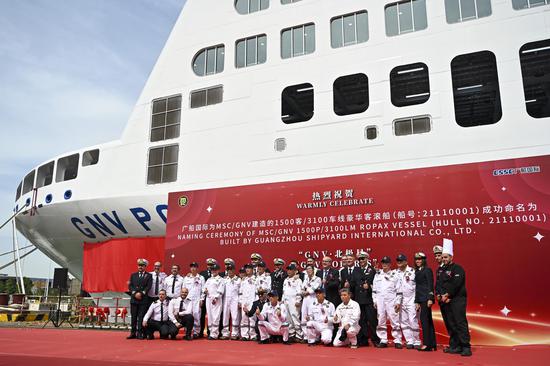

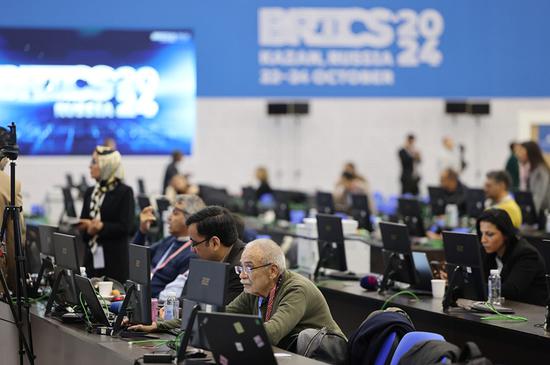
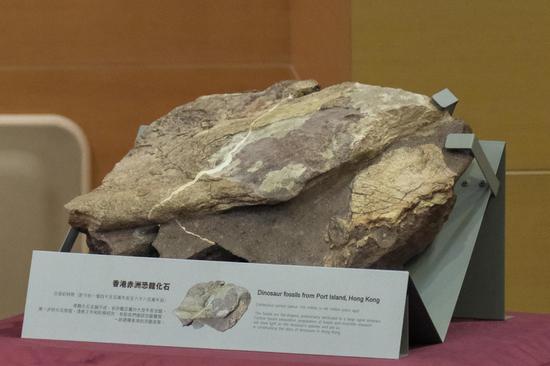
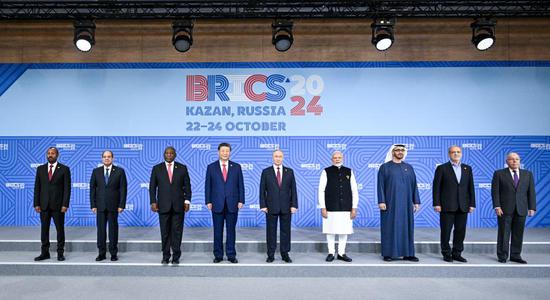







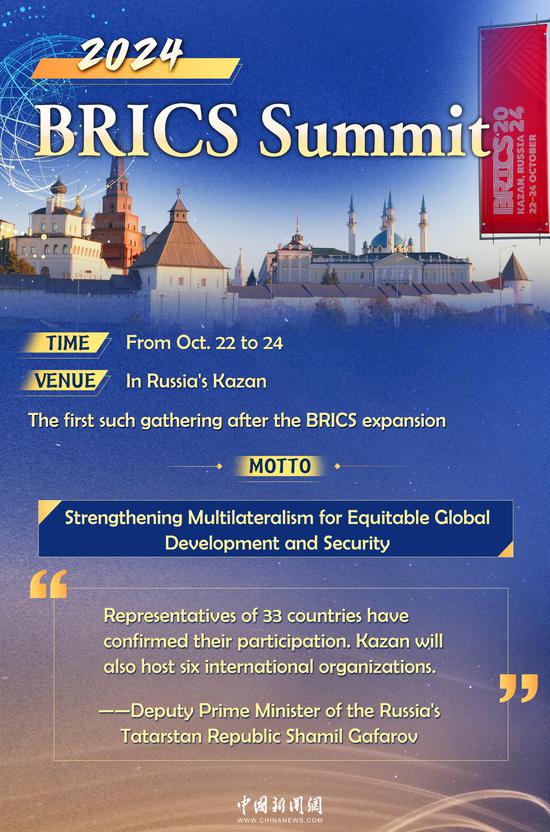

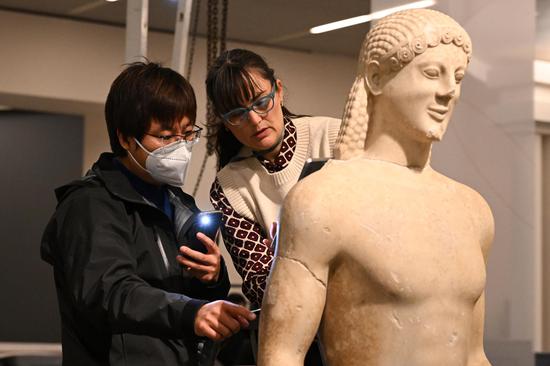




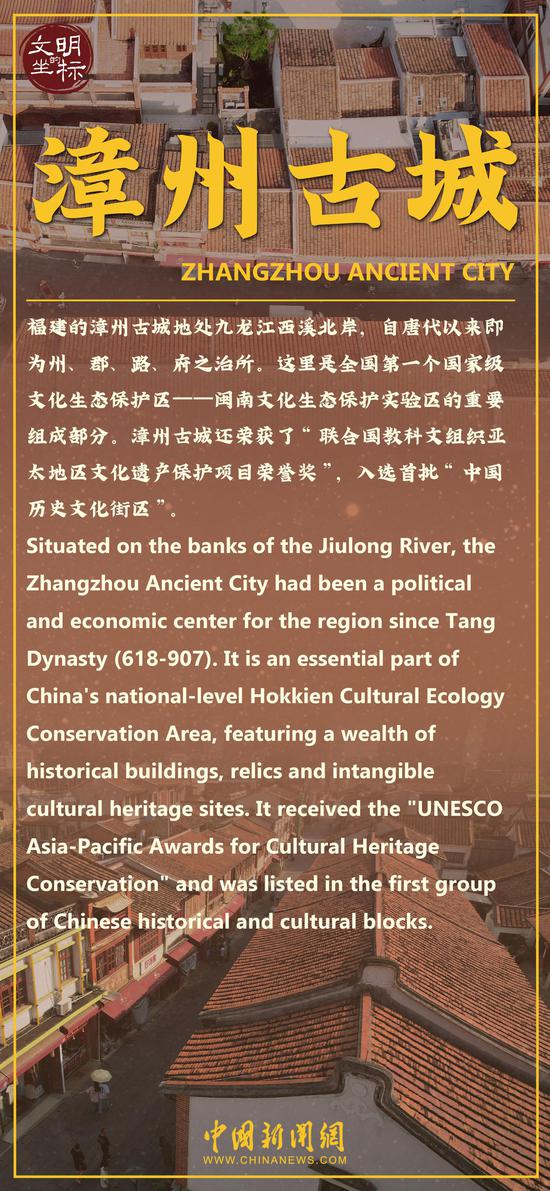










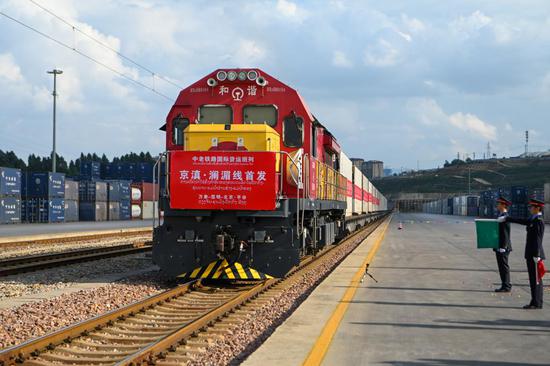
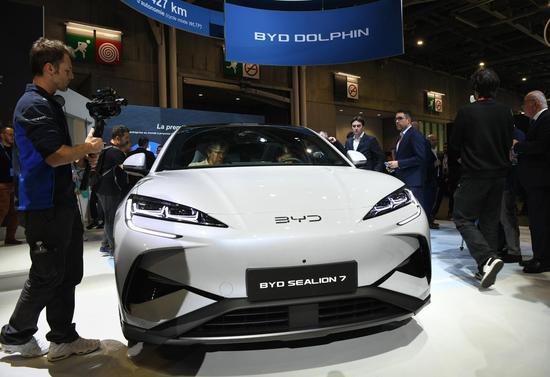



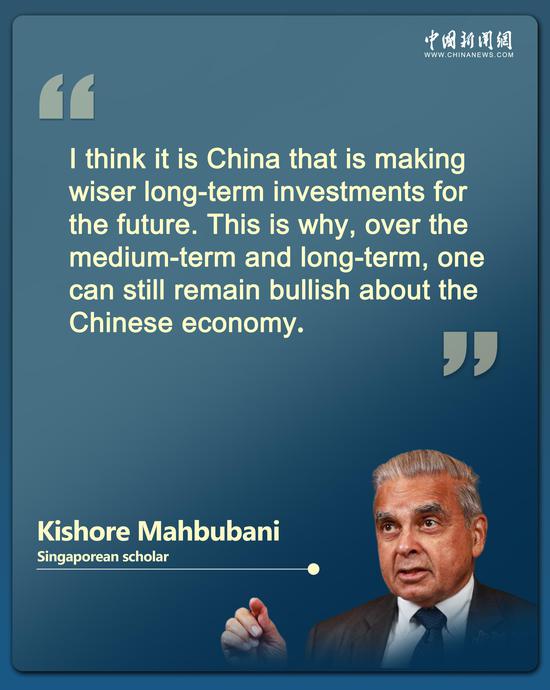





 京公网安备 11010202009201号
京公网安备 11010202009201号